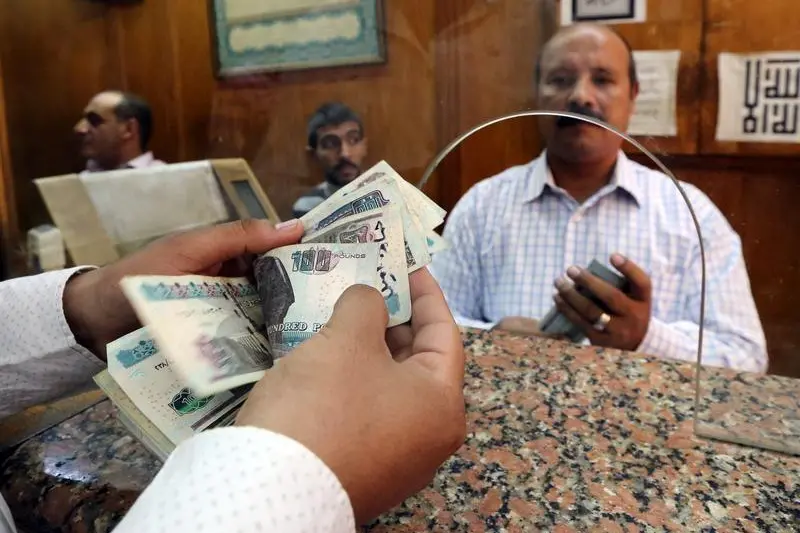PHOTO
CAIRO: Egypt's annual inflation rate dropped in May, official data showed on Sunday, registering a bigger fall than the International Monetary Fund (IMF) had predicted.
Inflation has begun to ease after it surged in 2017 on the back of economic reforms tied to a $12 billion IMF loan programme that Egypt signed in late 2016, including tax increases and deep cuts to energy subsidies.
Prices had also been lifted by the import-dependent country floating its pound currency in November 2016, with inflation hitting a high of 33 percent in July last year.
The subsequent easing continued last month, with annual urban consumer price inflation falling to 11.4 percent in May from 13.1 percent in April, official statistics agency CAPMAS said.
Core inflation, which strips out volatile items such as food, fell to 11.1 percent from 11.62 percent, central bank data showed.
One analyst welcomed the figures as "good news for the markets" and said it could give rise to some speculation of a rate cut by the central bank at the next Monetary Policy Committee meeting, due on June 28.
"Assuming that the numbers are accurate, this is certainly an unexpectedly good development in terms of incoming macroeconomic data," said Allen Sandeep, head of research at Naeem Brokerage.
"Also, (it) comes as a contrasting development versus other emerging economies witnessing a steady rise in inflation."
The IMF said in a report in January that it expected inflation to fall to 12 percent by June and to single digits by 2019. It warned against a premature rate cut and urged the Central Bank of Egypt to remain vigilant.
(Reporting by Sami Aboudi Editing by Elaine Hardcastle and David Goodman) ((Sami.Aboudi@thomsonreuters.com; +20223948181;))





















